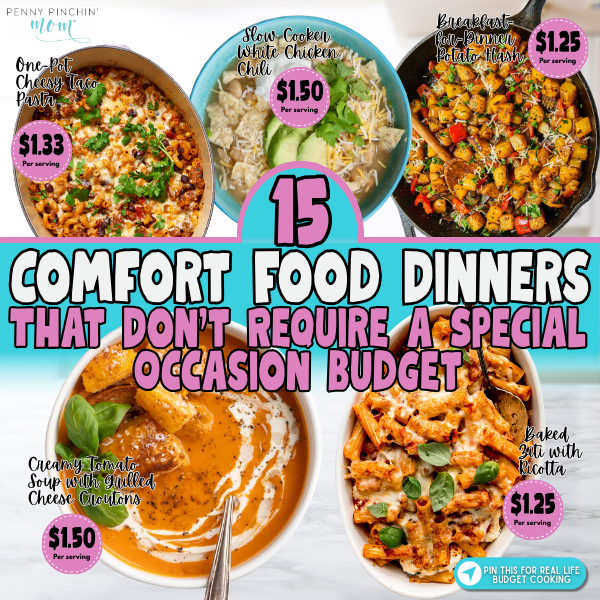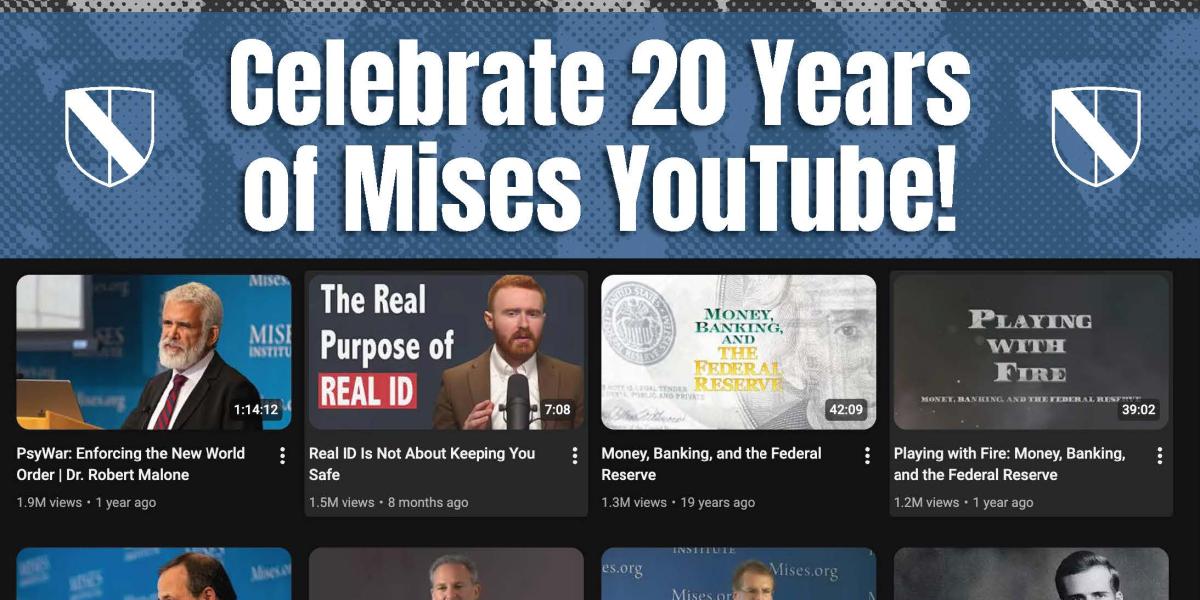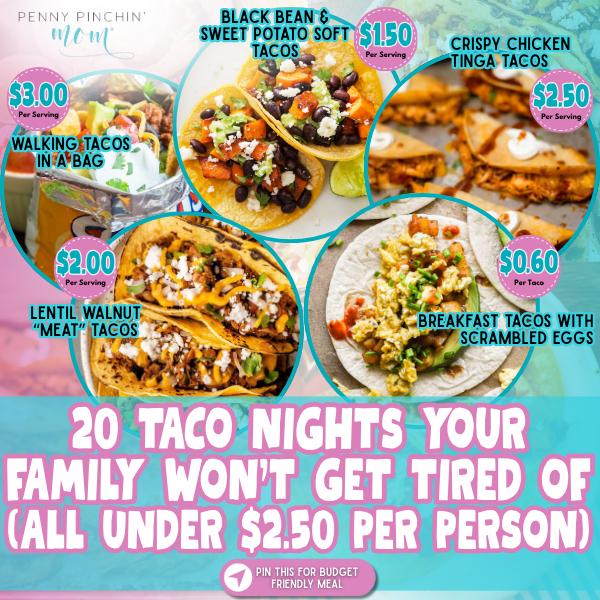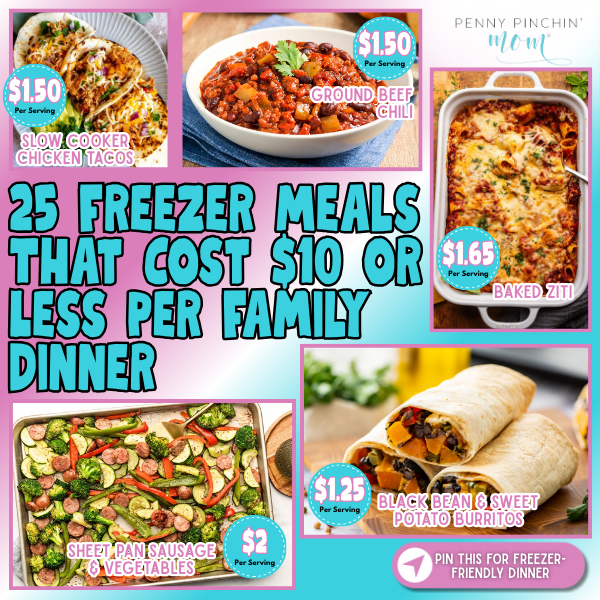13. Add Social Sharing Buttons
By allowing subscribers to share your content on their social networks, you increase your message’s visibility and leverage their networks to attract new subscribers or customers. This simple addition can transform each email recipient into a potential advocate for your brand, amplifying your message far beyond your existing audience.
14. Take Advantage of Analytics
Keep an eye on important metrics such as Open Rate, Click-Through Rate (CTR), Conversion Rate, Bounce Rate, Unsubscribe Rate, and Forward/Share Rate. This data can help you make informed decisions and adjust your content, design, and strategy to improve engagement and effectiveness.
15. Use A/B Testing to Identify the Perfect Email
A/B testing involves sending two versions of an email to a small segment of your audience to see which one performs better. You can test elements like subject lines, email body text, CTAs, tones, or images.
Based on the results, you can choose the more practical version to send to the broader audience, ensuring your emails are as impactful as possible. This approach allows you to understand your audience’s preferences and tailor your content to meet their needs and interests, enhancing engagement and effectiveness.
16. Run Trigger Email Campaigns
To stay relevant in your communications, initiate trigger email campaigns. These campaigns automatically send emails based on specific actions your subscribers take. For instance, if a subscriber clicks a link in an email, it can initiate a targeted follow-up email sequence.
The key is to set up these triggers thoughtfully, ensuring that each action a subscriber takes leads to a meaningful and relevant email response. This strategic approach keeps your audience engaged and ensures that your messages are timely and pertinent to their interests and behaviors.
Integrating AI tools like Grammarly, Persado, Phrasee, MarketMuse, Boomerang, and Seventh Sense into your email marketing can significantly enhance efficiency and effectiveness. These tools extend beyond ChatGPT, offering a variety of functionalities that can refine your copywriting, generate new ideas, maintain your brand voice, boost creativity, and optimize processes.
18. Leverage Trending Topics
Incorporating trending topics into your email campaigns can grab readers’ attention and set you apart from competitors. Utilize social media platforms to identify what’s currently resonating within your niche. Then, thoughtfully weave these trends into your email content, but make sure they align with your brand and message.
19. Create an Enticing Opt-In
Design your opt-in form to be visually appealing and easy to use, asking only for essential details like a first name and email address. A clear, attractive form encourages more sign-ups and grows your email list exponentially.
And here’s a little extra for those who want to go above and beyond: We have a guide that breaks down three simple, yet powerful, strategies to craft an irresistible opt-in bonus.
To motivate users to sign up for your email list, consider providing valuable items like e-books, guides, templates, mini-courses, or discount codes as a reward for their subscription. This strategy will increase your sign-up rates and add immediate value to the subscriber’s experience with your brand.
21. Don’t Buy Email Lists
Buying email lists? Big mistake. Not only is it shady, it also doesn’t work. People who didn’t choose to hear from you probably won’t care about your messages. So, focus your time and money on growing your list organically instead. This way, you attract an audience that’s genuinely interested in your brand, leading to better engagement and actual results. Invest your efforts here and watch your marketing thrive.
22. Avoid Using No-Reply Email Addresses
When subscribers see an email from a real person, it feels more like a conversation and less like a broadcast, making them more likely to engage and respond. This personal touch can significantly increase the effectiveness of your email marketing efforts by fostering a sense of connection between your brand and your subscribers.
23. Keep Your Emails Concise
Keep your emails sharp and short. Why? Because people are busy. They don’t have time to read a novel in their inbox. They skim. So, make every word count to grab their attention fast. Plus, shorter emails dodge the spam filter more effectively, ensuring your message gets seen. Think of it as chatting with a friend: be direct, be engaging. Respect your readers’ time, and they’ll be more inclined to listen to what you have to say. That’s how you build a connection and get results.
Lorem ipsum dolor sit amet, consectetur adipiscing elit. Ut elit tellus, luctus nec ullamcorper mattis, pulvinar dapibus leo
Employ headers and subheaders to keep your emails skimmable. They serve as signposts, directing readers through your content and ensuring they get the key points even with a quick glance. Also, integrate bold text to highlight essential information, making it stand out and easy to find. This approach aids in breaking down the text into digestible and engaging chunks, leading to a higher likelihood of your content being read and acted upon.
25. Take Advantage of the Email Footer Space
Use the email footer space to add a personal touch to your messages. This area is perfect for a brief message from your CEO expressing gratitude to subscribers for their support, which fosters a sense of community and connection. It’s also an ideal place to succinctly communicate your brand’s mission, reinforcing what stands at the core of your business. Furthermore, consider using this space to suggest additional engagement opportunities, like following your social media or checking out a blog for more insights, thereby deepening the relationship with your audience.
26. Reward Your Existing Customers
Your existing customers are already invested in your brand. So rewarding them for their loyalty makes them even more receptive to and engaged with your messages. Show appreciation by offering special offers or exclusive deals in your emails. This makes them feel valued and deepens their connection to your brand. It’s about recognizing their importance to your business and rewarding them in a way that resonates with their interests and needs.
27. Use Interactive Elements
Spice up your emails by throwing in some zest. Think GIFs that add a punch of humor or a quick video that gets straight to the point, offering value without the fluff. How about a fun and insightful quiz that gives your subscribers a fresh perspective or a valuable takeaway?
And don’t overlook countdown timers! They help nudge your readers to act now, whether it’s snagging a deal or diving into an opportunity. By giving your audience opportunities to interact with you, you’re creating a dynamic exchange that keeps them returning for more.
28. Pass the ‘5-Second’ Test
Think your email’s got what it takes to grab attention? Put it through the ‘5-Second Test.’ Here’s how it works: if your email doesn’t hook your reader in the first five seconds, you’ve lost them. It’s like that quick glance at a book cover or a menu; if it doesn’t speak to them, they’re moving on. Use this test to figure out what jumps out immediately. Is it your main point, an irresistible offer, or just a bunch of fluff? Remember, in emails, first impressions are everything. Make those first five seconds count.
29. Use a Variety of Signup Forms
Diversify your signup form strategy to cast a wider net for email contacts. It’s like placing your bets across the table—more spots, more chances of winning. Embed these forms seamlessly so that they become a natural step for your readers: at the end of a compelling blog post, on your ‘About’ page where they learn about your ethos, and also on your ‘Contact Us’ page. Each location targets a different reader mindset, from the engaged blog reader to the curious visitor wanting to know more about you. It’s about making it easy and intuitive for them to say, “Yes, I want more of this.”
Weave a narrative into your emails. Why? Stories make your messages stick. They turn your words into an experience. Take your readers behind the scenes. Share the journey of your latest product—not just the ‘what,’ but the ‘why’ and the ‘how.’ Storytelling turns a simple pitch into a conversation, making your product not just something they buy but a story they’re a part of.
FAQ about Email Marketing Tips
How Does Email Marketing Work?
Email marketing involves sending targeted messages to a list of recipients to promote a business, share information, or offer discounts and deals. It starts with gathering subscribers through opt-in forms and then engaging them with regular, valuable content tailored to their interests. Effective email marketing campaigns are designed to build relationships, enhance brand awareness, and drive conversions or sales. By using various email marketing tips and strategies, businesses can create impactful campaigns that resonate with their audience.
What Are Different Types of Email Marketing?
Different types of email marketing include promotional emails for offers, newsletters for regular updates, welcome emails for new subscribers, transactional emails for order updates, and re-engagement emails to re-engage inactive subscribers. These categories help businesses target their audience with specific content, enhance engagement, and drive particular actions.
What Are Some Good Email Marketing Tips for Beginners?
Create a solid email list, develop engaging campaigns, and make sure you understand how to leverage email marketing for your business. Start with basic email marketing examples to guide your strategy, focusing on clear and relevant content. Make sure to personalize your message and segment your audiences properly to enhance engagement. Analyze your results to refine your approaches based on what resonates with your audience.
Mastering email marketing is more like fine-tuning a recipe than following a set of rigid rules. It’s about experimenting—tweaking your subject lines, mixing up your content, and always, always tasting (or in this case, testing) to see what hits the spot. Dive into your campaign data like it’s a treasure map to uncover what your audience craves.
And hey, don’t get too comfortable with one strategy. Email is ever-changing, so stay nimble, stay curious, and keep iterating. That’s not just good marketing; that’s smart business.





































